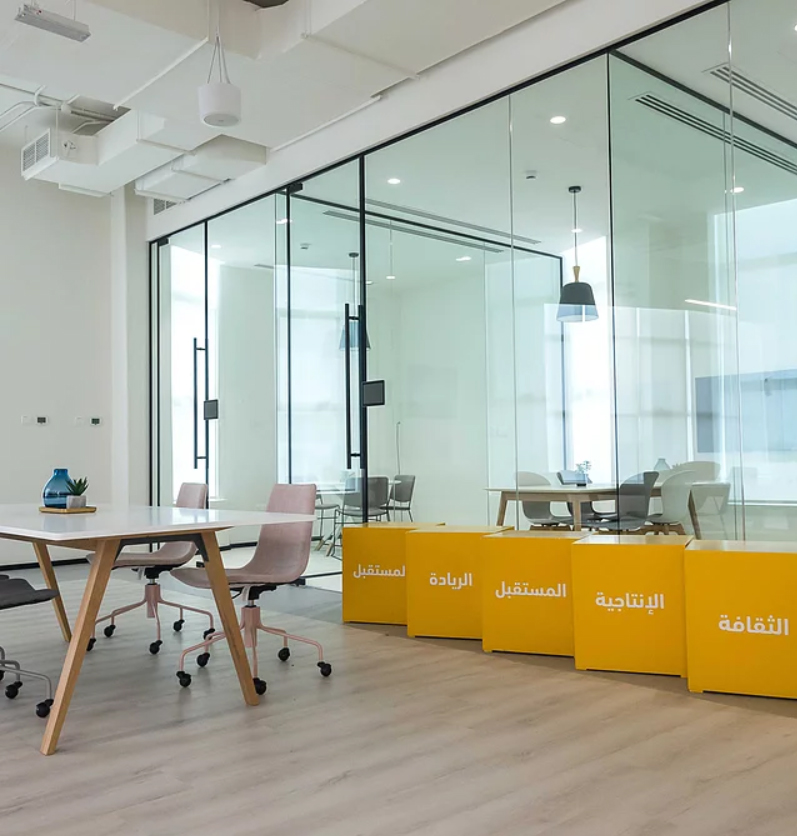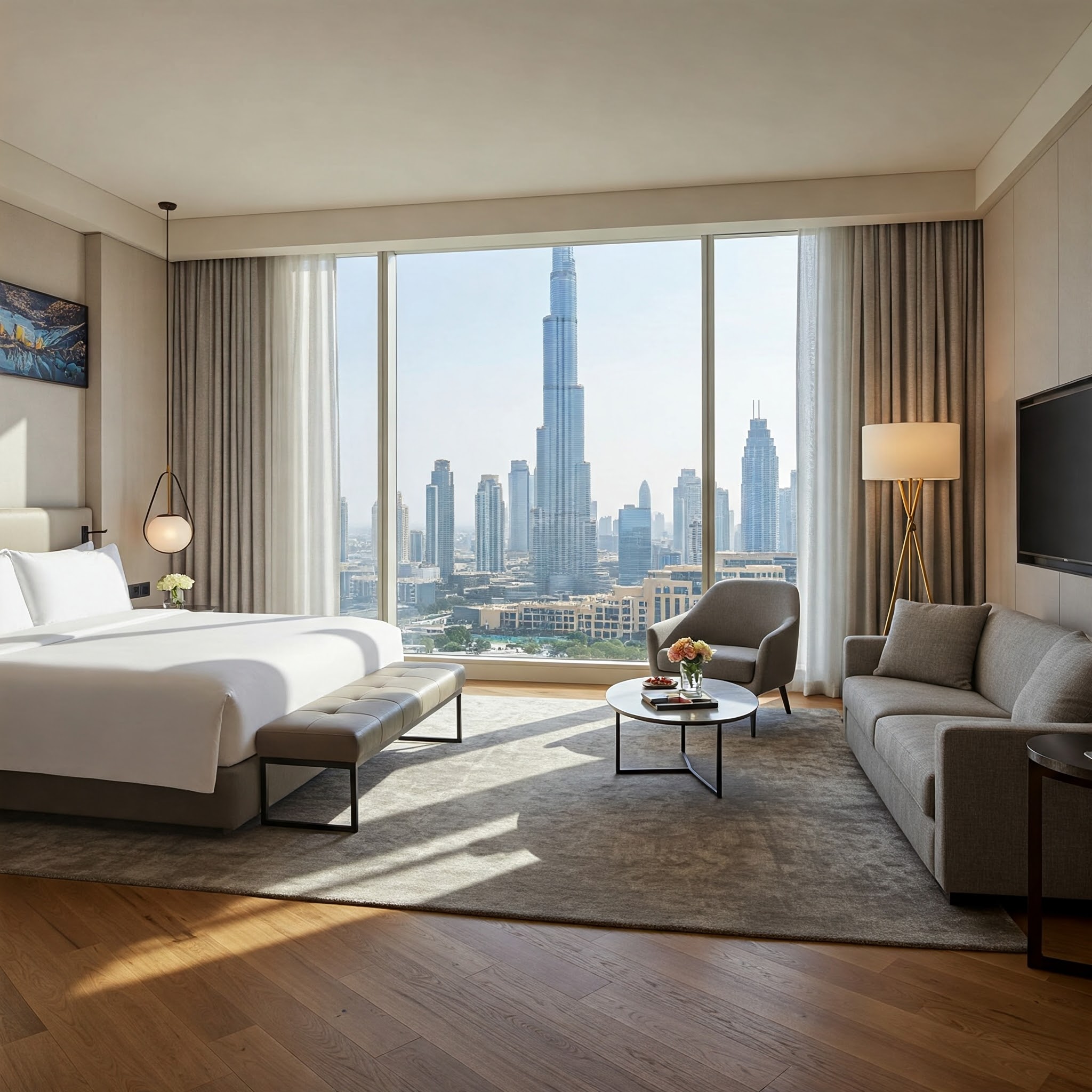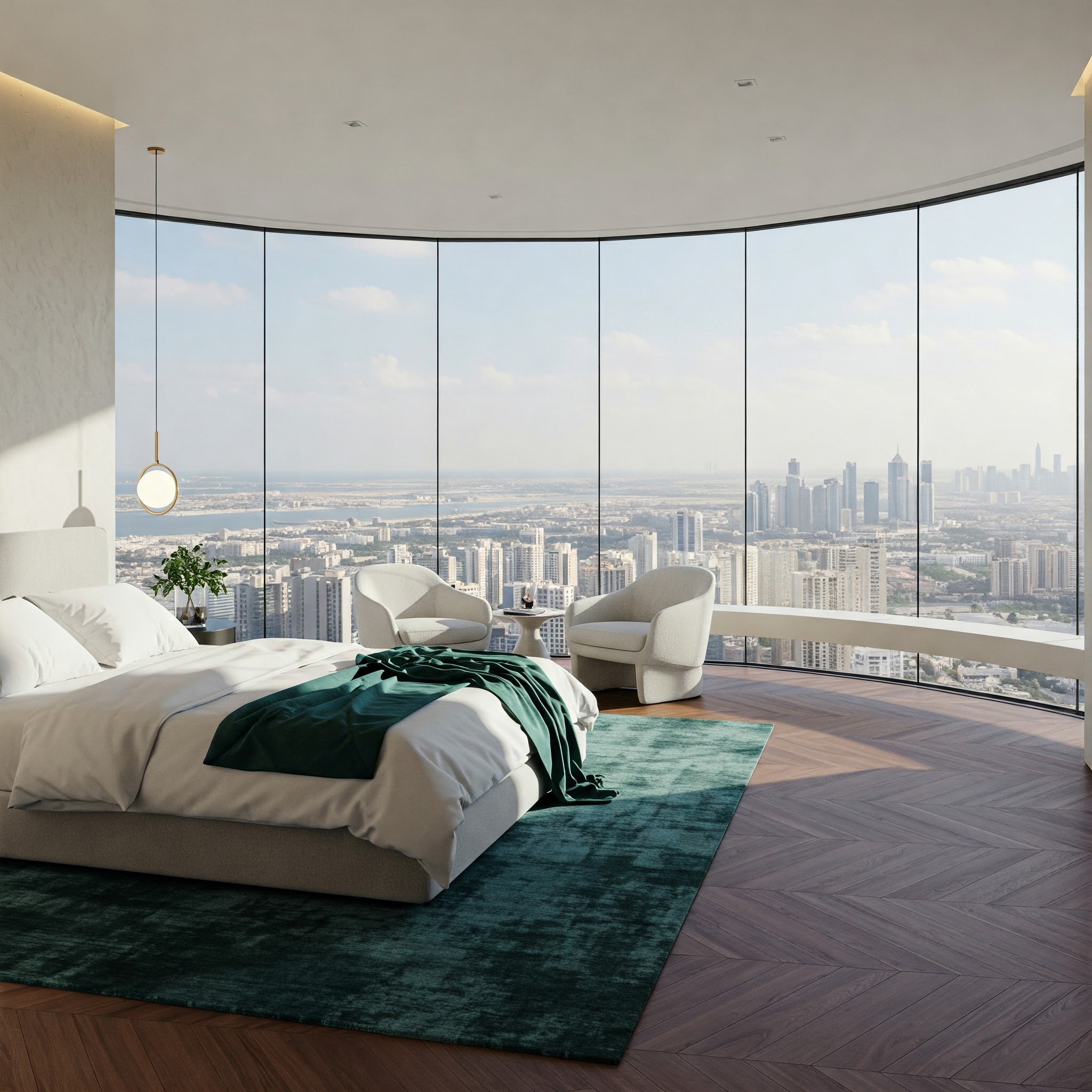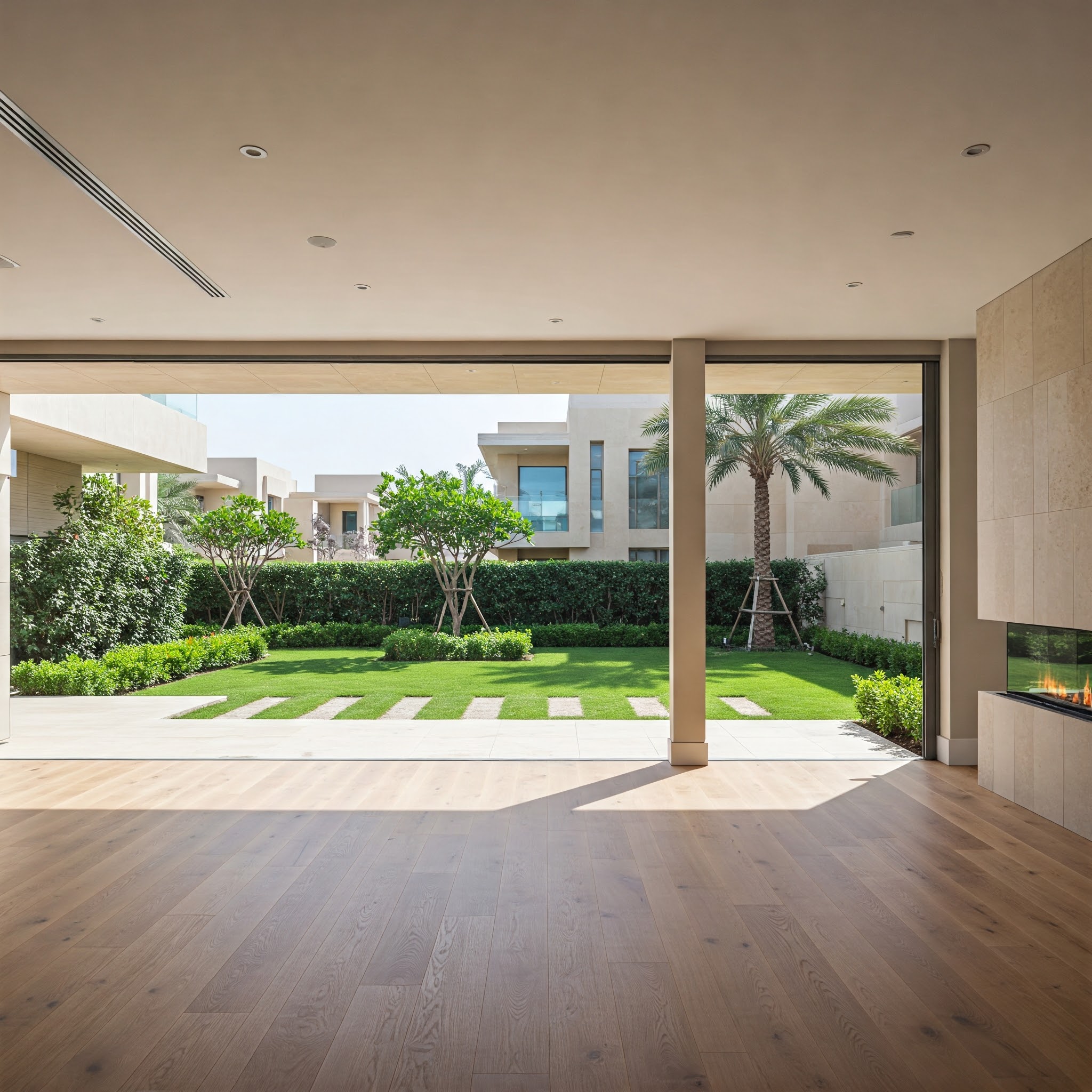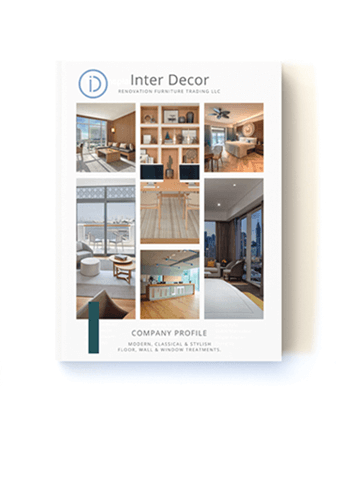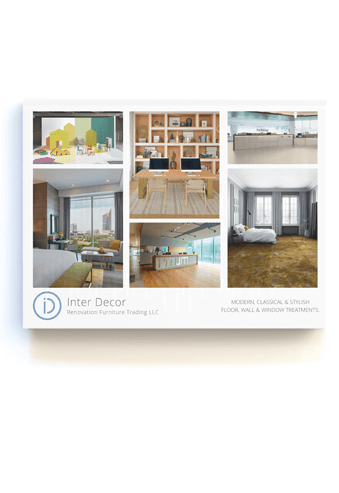Discover the Advantages of SPC Flooring in Dubai
SPC flooring is becoming increasingly popular in Dubai due to its many benefits. In addition to its durability, water resistance, and affordability, SPC flooring is also easy to install and maintain. This makes it an attractive option for both residential and commercial spaces.
One of the biggest advantages of SPC flooring is its durability. The stone composite core layer is incredibly strong and can withstand heavy foot traffic without denting or scratching. This makes it an excellent choice for high-traffic areas such as hallways, living rooms, and commercial spaces. Additionally, the wear layer on top of the SPC core layer provides an extra layer of protection against scratches and stains. But is it worth the investment? Let's dive deeper into what SPC flooring is, its pros and cons, and how much it costs.
What is SPC flooring?
SPC flooring is a type of vinyl flooring that combines limestone powder and PVC to create a durable and waterproof floor. The rigid core layer is made of stone composite, which gives the flooring its strength and stability. The top layer is a thin wear layer that protects against scratches, stains, and fading. SPC flooring is available in a variety of styles and designs, including wood, tile, and marble looks.
What is SPC flooring made of?
SPC flooring is made of four layers. The first layer is the wear layer, which protects against scratches and stains. The second layer is the embossed decor layer, which gives the flooring its design. The third layer is the SPC rigid core layer, which is made of a mixture of limestone powder, PVC, and stabilizers. The fourth layer is the underlayment, which provides cushioning and noise reduction, usually in the form of an EVA, rubber like, backing.
Pros and Cons of SPC Flooring
Pros:
-
Durability: SPC flooring is incredibly durable and can withstand heavy foot traffic, spills, and scratches.
-
Realistic appearance: high quality SPC flooring is indistinguishable from real wood and concrete or stone in appearance.
-
Water resistance: SPC flooring is waterproof, making it a great option for workplaces, offices, hospitality and residential areas including bathrooms and kitchens.
-
Easy maintenance: SPC flooring is easy to clean and maintain. Simply sweep or vacuum regularly and mop with a damp cloth or mild cleaner.
-
Quick installation: SPC flooring is quick and easy to install, including over ceramic areas with no telegraping.
-
Safe & Sustainable: SPC flooring is extra rigid with a limestone based rigid core, is 100% free of Ortho-Phtalates and other harmful substances as well as 100% recyclable.
-
Affordability: SPC flooring is more affordable than other types of flooring, such as hardwood or tile.
Cons:
-
Hardness: SPC flooring can be harder underfoot than other types of soft flooring, such as carpet or carpet tiles.
-
Substrate: SPC flooring requires a flat and level surface for installation over some types of substrates such as screed or raised flooring, which may require subfloor preparation.
How Much Does SPC Flooring Cost?
The cost of SPC flooring in Dubai depends on various factors, such as the quality, style, size, wear layer and installation method. On average, high quality SPC flooring can generally cost anywhere from AED 80 to AED 150 per square meter for supply and installation excluding self levelling if required. It's best to consult with a flooring professional to determine the exact cost for your specific needs.
Is SPC Flooring Easy to Install?
SPC flooring is relatively easy to install, especially if you have some DIY experience. However, it's important to note that the installation process may require some subfloor preparation, such as self-leveling compound or repairing any substrate imperfections. It's best to hire a professional flooring installer for the best results.
In conclusion, SPC flooring in Dubai is a great option for those looking for durability, water resistance, and affordability. While it may have some drawbacks, such as hardness and limited warmth, the pros outweigh the cons. Just make sure to consider your specific needs and consult with a flooring professional for the best results.

